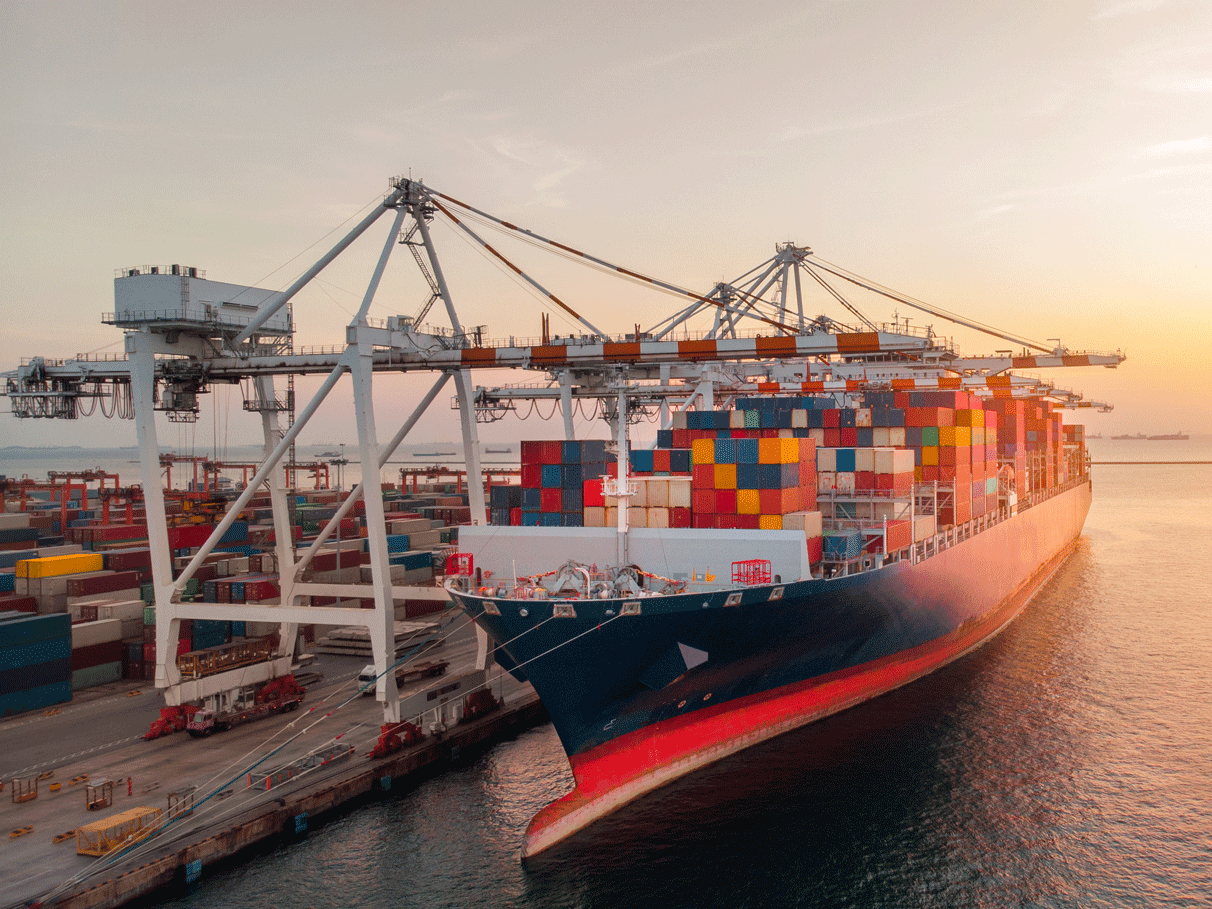03 March 2024
5 min read
#Transport, Shipping & Logistics, #Dispute Resolution & Litigation
Published by:

The Australian Maritime Safety Authority’s (AMSA) decision to hand the chartered bulk carrier “MSXT Emily” a one-year ban from Australian waters was a key point in AMSA’s enforcement activity in 2023. In particular, the incident would have resulted in trade disruption, loss and disputes for both the owners and the charterer of the vessel.
The ban comes in the wake of the AMSA’s five-year compliance strategy and supporting compliance priorities released last year, and an increasing focus on and scrutiny of supply chain practices more generally. The outcome also provides a timely reminder of AMSA’s willingness to take action to prevent breaches of worker conditions.
In this article, we reflect on this incident and the spotlight it places on the importance of ensuring that ships are up to scratch when it comes to living and working conditions for seafarers. We also highlight some of the relevant regulatory obligations on ship owners and operators.
AMSA is responsible for Australia’s compliance with international maritime obligations, port State control of international trading ships and the regulation of Australian commercial vessels. Their overall aim is to protect the marine environment and encourage maritime safety.
AMSA’s regulatory activities also include a compliance function to encourage and assist the maritime industry to comply with the law.
The ban on the “MSXT Emily” was in response to issues including worker mistreatment and wage theft, both of which are breaches of the Maritime Labour Convention (MLC).
The vessel was chartered by K-Line to carry a cargo of coal to Japan. After a tip-off from the International Transport Workers’ Federation, the vessel was inspected by AMSA at the Port of Hay Point in Queensland.
Issues faced by the crew on the “MSXT Emily” included:
AMSA’s executive director of operations, Michael Drake, said that he was ‘deeply troubled’ by the incident, describing the conditions on board the vessel as a ‘disgrace’ and noting that AMSA ‘will not tolerate’ this sort of conduct.
The MLC, described as a “pillar of international maritime law”, has been in force since 20 August 2013. Its primary objective is to establish a “comprehensive [regime of] rights and protections… for the world’s seafarers and aims to achieve decent work arrangements… and secure economic interests in fair competition for quality ship owners”. Australia has ratified the MLC, primarily through the Navigation Act 2012 (Cth) (Navigation Act).
Particularly relevant to seafarer safety and wellbeing is Marine Order 11 (Living and working conditions on vessels) 2015 (Marine Order 11), made under the Navigation Act. Marine Order 11 requires that foreign vessels trading to Australia:
Under section 246 of the Navigation Act, AMSA has the power to give a direction to any vessel “that the vessel not enter or use any port, or a specified port or specified ports, in Australia or the exclusive economic zone of Australia”.
AMSA also has the power, under section 248, to detain a ship for being ‘unseaworthy’, which among other things, is defined to mean that “the living and working conditions on board the vessel do not pose a threat to the health, safety or welfare of the vessel’s seafarers”. These powers were exercised to ban the “MSXT Emily” from Australia for 12 months.
The ban on the “MSXT Emily” is reflective of the broader trend of vessels being banned from Australian waters by AMSA.
The “MSXT Emily” was the sixth ship to be banned in 2023, up from only two ships in 2022. This is also the longest ban given to a ship since the “Maryam”, a Panamanian flagged vessel, which was given a three year ban in 2021. The full ‘refusal of access list and letters of warning list’ can be found here.
This incident makes it clear that AMSA won’t shy away from making an example of wrongdoers, with AMSA’s Executive Director of Operations, Michael Drake, noting the deterrent purpose in banning the “MSXT Emily” for an entire year was to “recognise that these essential workers deserve the dignity and respect of fair pay and good workplace conditions”.
Ultimately, early intervention and consultation with AMSA by ship owners and operators whose vessels are on AMSA’s ‘watch list’ is an important step in avoiding vessels being banned from Australia. In line with AMSA’S renewed compliance strategy focus on rewarding voluntary compliance, such steps may involve developing and implementing safety and compliance rectification plans.
So, the key takeaway for those trading to Australia is to ensure that vessels comply with the MLC and, if any compliance issues are detected, to proactively engage with AMSA and implement a rectification plan to avoid lengthy and disruptive bans.
If you would like advice on compliance with Australia’s Port State Control obligations or require assistance in engaging with AMSA, please get in touch with Partner Nathan Cecil from our Transport, Shipping & Logistics team.
Disclaimer
The information in this article is of a general nature and is not intended to address the circumstances of any particular individual or entity. Although we endeavour to provide accurate and timely information, we do not guarantee that the information in this article is accurate at the date it is received or that it will continue to be accurate in the future.
Published by: